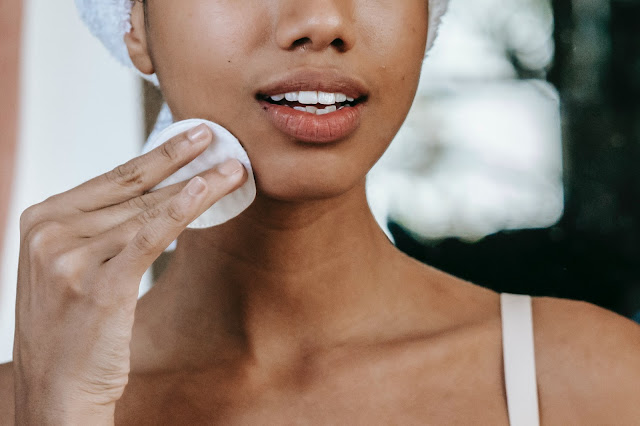As we age, our skin goes through a lot of changes. Wrinkles, fine lines, and loss of elasticity are common signs of ageing. However, with proper skin care and the use of certain ingredients such as collagen and hyaluronic acid, it is possible to slow down the ageing process and achieve a more youthful complexion.
Collagen is a protein that gives our skin its structure and elasticity. As we age, our body's ability to produce collagen decreases, leading to wrinkles and sagging skin. Hyaluronic acid, on the other hand, is a molecule that can hold up to 1000 times its weight in water, making it an excellent ingredient for hydration and plumping the skin.
So, which is better for ageing skin - hyaluronic acid or collagen? The answer is that both are beneficial for the skin, but they work in different ways. Collagen helps to rebuild and strengthen the skin's structure, while hyaluronic acid provides hydration and improves the skin's texture. Therefore, it's best to use both in your skincare routine for maximum benefits.
Taking collagen and hyaluronic acid together is generally safe and can provide even greater benefits for the skin. Collagen supplements are available in the form of powders, capsules, and drinks, while hyaluronic acid can be found in serums, creams, and masks.
When it comes to using collagen and hyaluronic acid on your face, it's perfectly fine to use them together. In fact, many skincare products combine both ingredients for maximum effectiveness. Look for products that contain both collagen and hyaluronic acid, or layer different products to achieve the desired results.
Bio Remodeling is a non-invasive cosmetic procedure that can help turn back the clock on ageing skin. It involves the use of injections containing hyaluronic acid and other ingredients to stimulate collagen production and improve skin elasticity. This treatment can help to reduce wrinkles and fine lines, improve skin texture, and restore a more youthful appearance.
To slow down the ageing process, it's essential to take good
care of your skin. This includes wearing sunscreen daily, eating a healthy
diet, staying hydrated, and using skincare products that contain ingredients
like collagen and hyaluronic acid. With a little effort, you can age gracefully
and maintain a healthy, youthful complexion.
Why do we wrinkle, and how can we slow down the process?
There are several factors that contribute to the development of wrinkles and other signs of ageing. One of the main culprits is the natural ageing process, which leads to a decrease in collagen and elastin production, as well as a loss of fat and moisture in the skin. Other factors that contribute to the development of wrinkles include exposure to UV rays, smoking, and pollution.
To slow down the ageing process and prevent wrinkles, it's important to protect your skin from these factors. Wearing sunscreen with at least SPF 30 every day can help to prevent UV damage and protect your skin from premature ageing. Quitting smoking and avoiding exposure to pollution can also help to keep your skin looking young and healthy.
In addition to protecting your skin, there are several other
steps you can take to prevent wrinkles and promote healthy ageing. Eating a
healthy, balanced diet rich in fruits, vegetables, and lean protein can provide
your skin with the nutrients it needs to stay healthy and strong. Drinking
plenty of water can also help to keep your skin hydrated and prevent dryness
and flakiness.
Using skincare products that contain collagen and hyaluronic acid can also be beneficial for preventing wrinkles and promoting healthy ageing. Collagen helps to rebuild the skin's structure, while hyaluronic acid pr or consider taking collagen supplements or undergoing Bio Remodeling treatments to boost collagen provides hydration and plumps up the skin. Look for skincare products that contain these ingredients,oduction.
In conclusion, ageing is a natural process that affects us
all, but with proper skincare and healthy habits, it's possible to slow down
the process and age gracefully. By protecting your skin from UV rays,
pollution, and other harmful factors, eating a healthy diet, and using skincare
products that contain collagen and hyaluronic acid, you can keep your skin
looking youthful and radiant for years to come. And if you're looking for more
dramatic results, Bio Remodeling treatments can help to turn back the clock on
ageing skin and restore a more youthful appearance.


Comments
Post a Comment
If you have any query related to health , disease diagnosis and supplements, please let me know